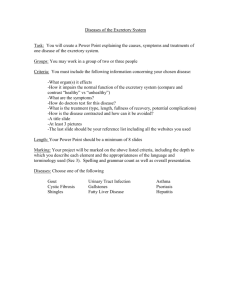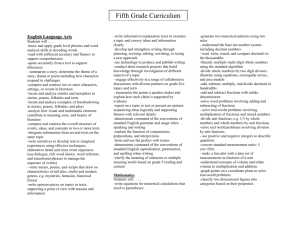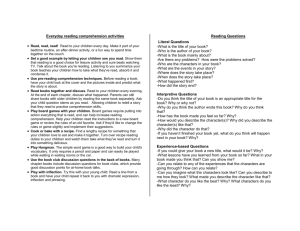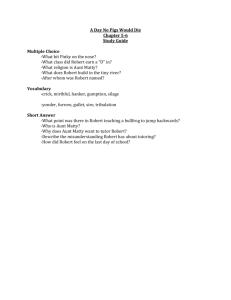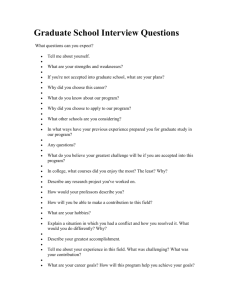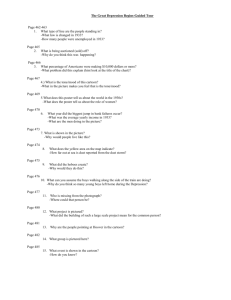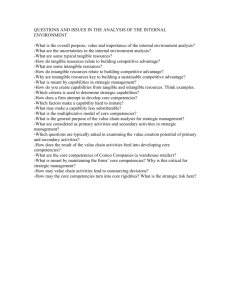Sixth Grade Language Arts Curriculum Map
advertisement
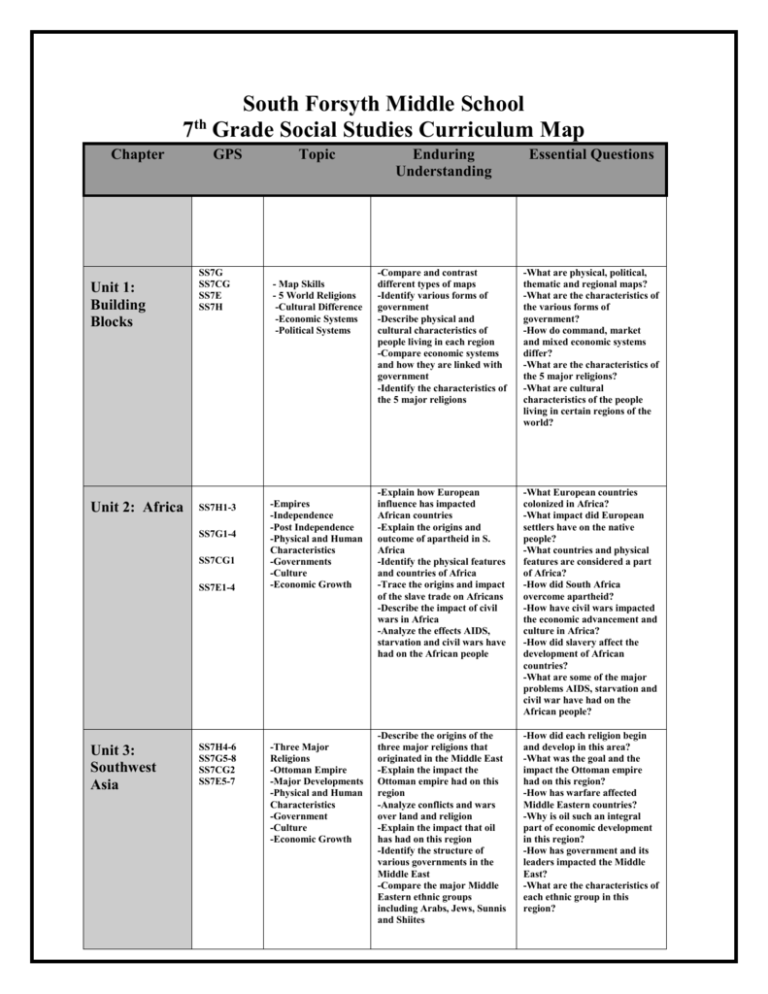
South Forsyth Middle School 7 Grade Social Studies Curriculum Map th Chapter Unit 1: Building Blocks Unit 2: Africa GPS SS7G SS7CG SS7E SS7H SS7H1-3 SS7G1-4 SS7CG1 SS7E1-4 Unit 3: Southwest Asia SS7H4-6 SS7G5-8 SS7CG2 SS7E5-7 Topic - Map Skills - 5 World Religions -Cultural Difference -Economic Systems -Political Systems -Empires -Independence -Post Independence -Physical and Human Characteristics -Governments -Culture -Economic Growth -Three Major Religions -Ottoman Empire -Major Developments -Physical and Human Characteristics -Government -Culture -Economic Growth Enduring Understanding Essential Questions -Compare and contrast different types of maps -Identify various forms of government -Describe physical and cultural characteristics of people living in each region -Compare economic systems and how they are linked with government -Identify the characteristics of the 5 major religions -What are physical, political, thematic and regional maps? -What are the characteristics of the various forms of government? -How do command, market and mixed economic systems differ? -What are the characteristics of the 5 major religions? -What are cultural characteristics of the people living in certain regions of the world? -Explain how European influence has impacted African countries -Explain the origins and outcome of apartheid in S. Africa -Identify the physical features and countries of Africa -Trace the origins and impact of the slave trade on Africans -Describe the impact of civil wars in Africa -Analyze the effects AIDS, starvation and civil wars have had on the African people -What European countries colonized in Africa? -What impact did European settlers have on the native people? -What countries and physical features are considered a part of Africa? -How did South Africa overcome apartheid? -How have civil wars impacted the economic advancement and culture in Africa? -How did slavery affect the development of African countries? -What are some of the major problems AIDS, starvation and civil war have had on the African people? -Describe the origins of the three major religions that originated in the Middle East -Explain the impact the Ottoman empire had on this region -Analyze conflicts and wars over land and religion -Explain the impact that oil has had on this region -Identify the structure of various governments in the Middle East -Compare the major Middle Eastern ethnic groups including Arabs, Jews, Sunnis and Shiites -How did each religion begin and develop in this area? -What was the goal and the impact the Ottoman empire had on this region? -How has warfare affected Middle Eastern countries? -Why is oil such an integral part of economic development in this region? -How has government and its leaders impacted the Middle East? -What are the characteristics of each ethnic group in this region? Unit 4A: Southern Asia Unit 4B: Eastern Asia; China, Koreas, Japan SS7H7-9 SS7G9-12 SS7CG3 SS7E8-10 - Religions -Major Developments -Physical and Human Characteristics -Government -Culture -Economic Growth SS7H7-9 SS7G9-12 SS7CG3 SS7E8-10 - Religions -Major Developments -Physical and Human Characteristics -Government -Culture -Economic Growth -Trace the origins and spread of Hinduism and Buddhism -Locate physical features in Southern Asia -Explain the caste system and its impact on India’s culture including Gandhi’s role -Describe the fall of British control and the partition of India -Analyze the conflict between Hindus and Muslims regarding land and religion -Describe environmental problems Southern Asia is facing -What are the origins of Buddhism and Hinduism and how have they spread? -Where are the major physical and political characteristics of this region? -How has the caste system affected the people in India? -Why did the British relinquish control of India? How and why did India get divided? -Why do Hindus and Muslims fight in this region? -What are some of the environmental problems facing the people in this region? -Explain the importance of the Silk Road -Describe and locate major physical features -Identify the contributions of China such as paper, tea and gun powder -Explain the major developments in the 20th century that have affected Eastern Asia -Analyze government policies that have affected the people of this region -Trace the origin and spread of Buddhism -Describe how overpopulation, flooding, and pollution is a major concern in this area -Why was the Silk Road important to the Chinese? -What are the physical and political characteristics in this region? -What impact did Chinese inventions have on the rest of the world? -What are the most important events that have impacted Chinese culture and its people? -How has China’s one child law impacted the population? -Who was the founder of Buddhism and how did it spread to China? -What environment problems are a major concern in China today?
